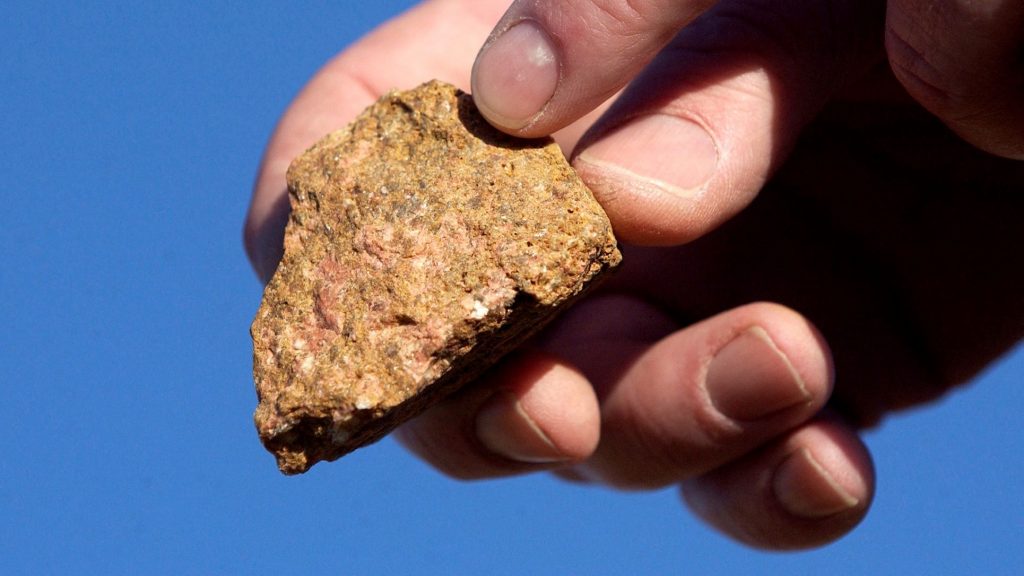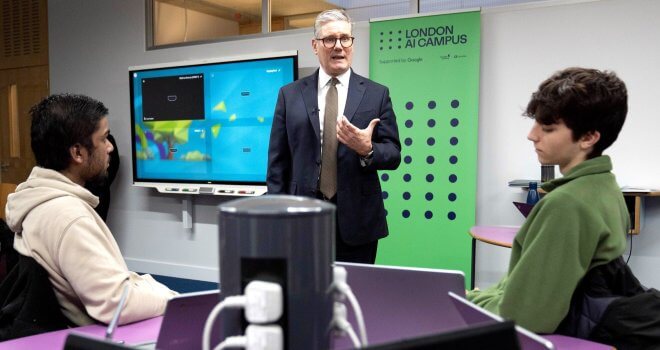EV Parts Maker Schaeffler Signs First Of A Kind European Rare Earth Deal

German auto parts supplier Schaeffler has signed a raw materials deal to ensure the supply of rare earth magnets from Europe for its burgeoning electric vehicle (EV) motor business, an executive told Reuters.
It is the first reported agreement by a European auto sector supplier or automaker to source rare earths within the region.
The European Union is spearheading a drive to boost domestic production of rare earths and super strong magnets used in EVs and wind turbines to cut dependence on top supplier China.
Schaeffler has agreed a five-year deal with Norway’s REEtec to supply rare earth oxides from 2024, said Andreas Schick, Chief Operating Officer of Schaeffler.
He declined to provide the value of the transaction, which is due to be announced on Wednesday.
“We are transforming into an e-motor supplier and are ramping up significantly,” he said in an interview.
“Therefore on the rare earth side we need competent partners, not only going through the standard supply chain through China, we need a local supply chain for Europe.”
Automakers planning on massive jumps in EV production have agreed contracts in recent years with miners for battery raw materials such as cobalt, lithium and nickel, but such deals have been limited in the rare earths sector.
General Motors Co in December reached an agreement to source rare earth magnets in the United States, but this is the first reported one in Europe.
The European Union, Britain and the United States are scrambling to build domestic rare earth and magnet industries to wean themselves off China, which supplies 98% of permanent magnets to Europe.
Schaeffler – a leader in bearings that it supplies to automakers such as Volkswagen, General Motors and Honda – usually buys manufactured components from subcontractors referred to as Tier 2 suppliers.
The company’s focus on sustainability made it source raw materials for the first time instead of ready-made magnets, Schick said.
Schaeffler, Germany’s fifth biggest auto supplier by revenue, is also working with European partners to use the rare earths processed by REEtec to produce permanent magnets.
When asked if Schaeffler was prepared to pay a premium for domestically-produced magnets produced in a sustainable and transparent way, Schick said:
“From a commercial perspective, it’s not a walk in the park, it’s a challenge, but that’s our commitment to sustainability.”
He gave no indication of what the costs might be.
As a mature industry with tight margins, the auto sector is known for being intensely focused on cutting costs, but industry sources said that there is a growing acceptance among automakers and their suppliers that they must pay more for rare earths sourced from Europe.
They can be marketed as more sustainable, which may justify charging the customer a higher price, industry analysts say.
CLEANER TECHNOLOGY
Rare earths are not rare, but complex processing, which can generate toxic waste, is required to separate ore into the 17 individual elements and produce the alloys used in a range of electronics as well as in EVs.
Privately-held REEtec uses a cleaner technology needing less energy and under which nearly all the chemicals used in processing are recovered and reused, said Chief Executive Sigve Sporstøl. He declined to provide the quantity to be produced.
REEtec has been running a demonstration plant since 2019 and the new deal will enable the company to build a commercial separation facility, sourcing raw materials from Vital Metals in Canada, which launched production last year.
Schaeffler, which also has an industrial division, wants to lock in supply of permanent magnets to support its plan to be a major global supplier of electric drivetrains to the fast-growing EV industry.
The EU expects demand for permanent magnets in EVs and wind turbines to increase by as much as tenfold by 2050, when the EU and Britain have pledged to cut net greenhouse gas emissions to zero.
Schaeffler’s e-mobility business generated 3.2 billion euros of orders last year, results showed, nearly a third of total orders in its Automotive Technologies division and much higher than an original target for e-mobility of 1.5 billion to 2 billion euros.
(Reporting by Eric Onstad; editing by Barbara Lewis)




